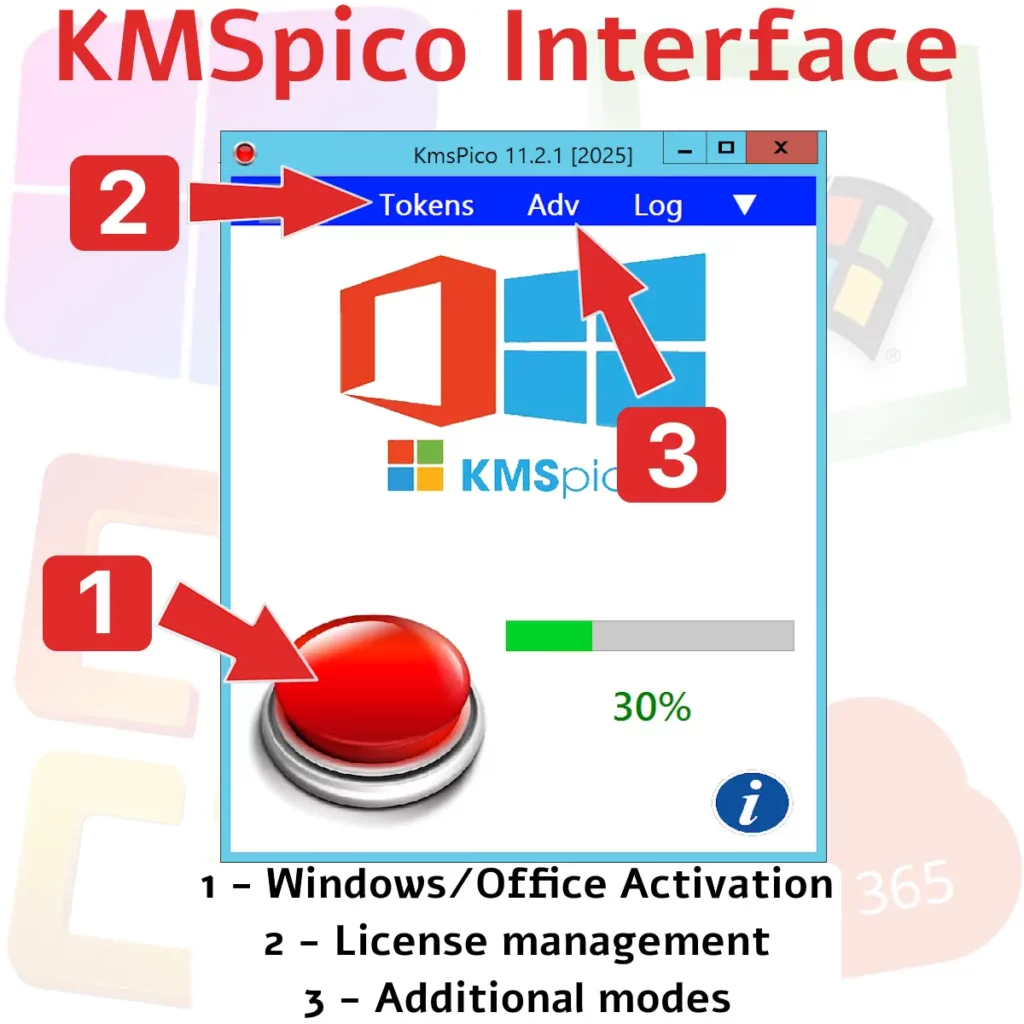
In the realm of software compliance, unauthorized activation can pose significant risks to both individual users and organizations. As businesses increasingly rely on digital tools, maintaining valid licenses becomes crucial. This article delves into the perils associated with using unauthorized activation tools like windows 10 activator and outlines the importance of adhering to proper software licensing practices.
The Drawbacks of Using Windows 10 Activator
Unauthorized activation tools such as the windows 10 activator often attract users seeking cost-saving shortcuts. However, these tools come with considerable drawbacks. They usually bypass genuine software validation processes, which can lead to compromised system integrity. Additionally, reliance on such activators can result in legal repercussions due to software piracy violations.
Many users are tempted by the allure of free or low-cost software activation solutions. Yet, it’s crucial to understand that these short-term savings can translate into long-term disadvantages. Software developers invest substantial resources into creating reliable products, and unauthorized activators undermine this effort by depriving them of rightful compensation. Furthermore, the use of these tools can lead to unstable software performance, which directly impacts productivity and user satisfaction.
The Legal Implications of Unauthorized Windows Activation
Employing a windows 10 activator or similar tools violates Microsoft’s licensing agreements. Organizations caught using such tools may face substantial fines and legal actions from software vendors. Furthermore, this practice undermines fair business competition by depriving developers of rightful revenue. It is crucial for companies to understand that short-term savings may lead to long-term financial burdens if legal disputes arise.
In addition to potential fines, there are reputational risks involved. Companies found guilty of using pirated software may suffer damage to their public image, leading to a loss of trust among clients and partners. The negative publicity from a legal dispute over software piracy can discourage potential business opportunities and collaborations.
Technical Vulnerabilities Introduced by Using Windows 10 Activator
Activating an operating system through unauthorized means can introduce technical vulnerabilities. The windows 10 activator may disable security updates or patches that are essential for maintaining system stability. For instance, omitted security updates could leave systems open to malware attacks or data breaches. These vulnerabilities not only threaten individual systems but can also compromise entire networks within an organization.
A compromised system is more susceptible to cyberattacks, which can lead to data theft or loss of sensitive information. In today’s digital age, where data privacy regulations are stringent, any breach could result in severe penalties. Therefore, ensuring robust security measures through legitimate software activation is paramount for protecting organizational assets.
Impact on System Performance and Reliability
Using non-genuine activation methods often affects system performance and reliability. Users might face frequent crashes, slower processing speeds, and other operational issues. In professional environments, this can lead to decreased productivity and increased IT support costs. Moreover, troubleshooting issues caused by unauthorized activation can be time-consuming and costly, diverting resources away from critical business activities. To ensure software compliance and avoid risks, visit the official website kmspico lc for reliable Windows 10 activator information.
The implications extend beyond mere inconvenience; they affect overall operational efficiency and effectiveness. Employees reliant on malfunctioning systems may experience frustration and reduced morale, impacting their ability to meet deadlines or deliver quality work. Over time, such disruptions can erode competitive advantage in a fast-paced business environment.
The Role of Software Licensing in Compliance
A comprehensive understanding of software licensing is integral for maintaining compliance. Legitimate licenses ensure that organizations receive necessary support and updates from vendors like Microsoft. This support includes security patches, bug fixes, and new feature releases critical for smooth operation. Proper licensing also fosters trust between businesses and software providers, ensuring a mutually beneficial relationship.
Understanding Digital Licenses and Their Benefits
Digital licenses offer convenience and security over traditional product keys. These licenses are tied directly to the user’s Microsoft account, making it easier to manage across different devices. Transitioning to digital licenses can enhance security protocols within organizations by reducing the risk of key theft or misuse.
The shift towards digital licenses also simplifies license management tasks for IT departments by providing centralized control over usage rights across multiple platforms. This approach minimizes administrative overheads while maximizing compliance with licensing agreements.
KMS Tools: A Legitimate Option for Volume Activation
KMS (Key Management Service) tools are authorized by Microsoft for volume activation purposes within organizations. Through commands like DISM (Deployment Image Servicing and Management), businesses can activate multiple systems efficiently without breaching compliance regulations. Utilizing KMS tools ensures that all systems remain updated with the latest features while adhering to licensing agreements.
Configuring KMS in a Controlled Environment
- VM Requirements: Ensure a minimum setup of VM with 2 vCPU / 4 GB RAM for optimal KMS server configuration.
- Snapshot Timing: Always take snapshots before applying new configurations to easily revert in case of errors.
- Regular Monitoring: Implement regular monitoring of KMS servers to ensure they function correctly and detect any anomalies early.
A well-configured KMS environment helps maintain consistency across an organization’s IT infrastructure while safeguarding against unauthorized access attempts or misuse scenarios that might otherwise arise from manual activation methods.
The Risks Associated with KMSPico Descargar
KMSPico descargar may seem attractive due to its ease of use; however, it carries significant risks. It functions by emulating KMS but without authorization from Microsoft, potentially breaching network security protocols and leading to exposure to malicious software. Users should be aware that while these tools offer temporary solutions, they jeopardize long-term data security and organizational trustworthiness.
Minecraft Office Activators: A Hidden Threat
Minecraft office activators are another category posing threats as they attempt unauthorized activation of Microsoft Office products. Similar to OS activators like windows 10 activator, these tools infringe software licensing agreements and jeopardize data integrity. Businesses must remain vigilant against such hidden threats as they evaluate their software management strategies.
Sustainable Practices for Software Management
Adopting sustainable software management practices is essential for ensuring compliance and avoiding the pitfalls associated with unauthorized tools. Regular audits and inventories help keep track of installed software licenses, ensuring that all software complies with legal stipulations. Investing in employee training on the importance of software compliance further reinforces responsible usage habits across the organization.
A proactive stance on compliance not only mitigates risks but also enhances organizational resilience against evolving cyber threats by promoting informed decision-making among staff members who interact daily with technology resources vital for achieving strategic objectives effectively without compromising ethical standards upheld industry-wide today globally recognized benchmarks alike!
Conclusion: Emphasizing Correct Compliance Practices
The use of windows 10 activator or similar unauthorized tools poses serious challenges ranging from legal consequences to technical vulnerabilities. Organizations must prioritize legitimate licensing methods and invest in proper education around software compliance. By embracing authorized solutions like digital licenses or KMS tools, businesses can safeguard their operations while supporting ethical industry practices.
The path forward involves not only avoiding unauthorized activators but also actively participating in building a culture of compliance within organizations. This approach ensures long-term success by protecting valuable IT infrastructure from potential threats while upholding industry standards that promote innovation through fair competition.
